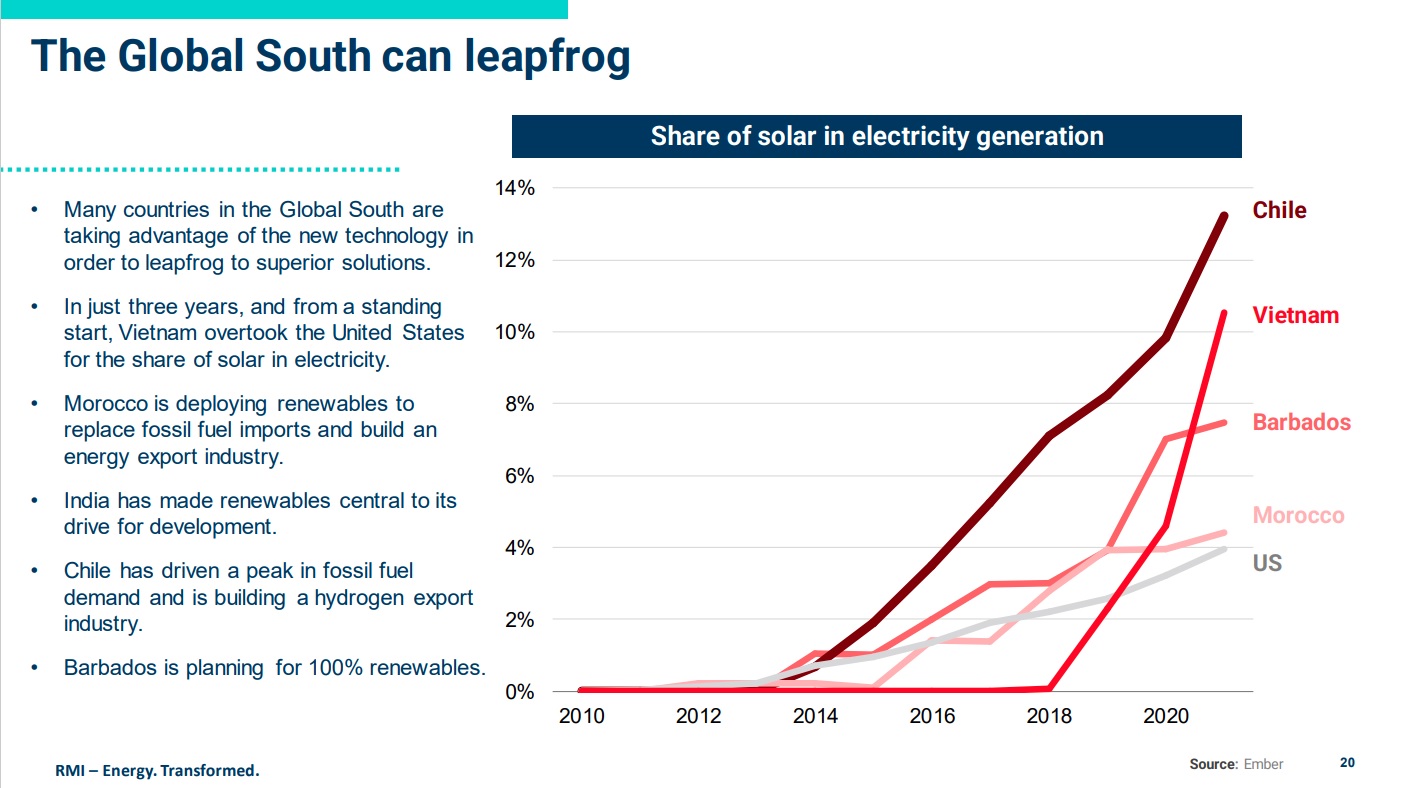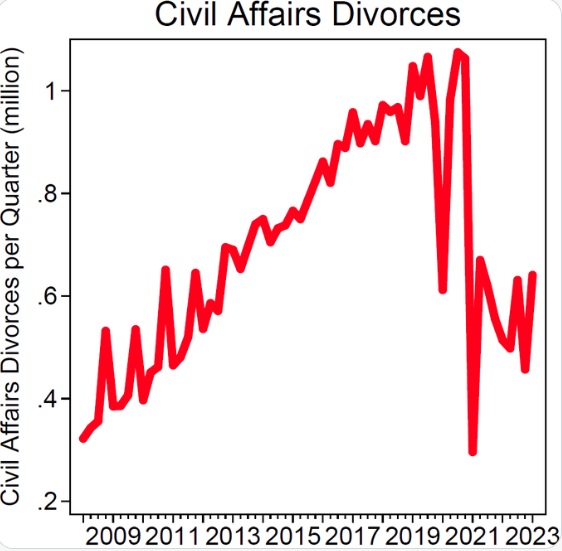In an old folks home the woman across the table explained to us how she originally became interested in the Lord of the Rings which she is now re-reading. “In the 60s I was working in Seattle. One day walking back from lunch I saw a sign on an apartment window, ‘Frodo Lives.’ When I got back to work colleagues explained to me what the sign meant and I went right out and bought the book.” We long for the days when the old routinely discovered from the young, including about classic fantasy books. But alas today they are too few and too many of them wallow in a doomerism they have not earned.
This downer attitude is neither good for them or the country. Indeed a recent study finds that the fuming populism gripping our land is due not to Americans being angry but rather from their “malaise and gloom.” Yes, people vote for, as one politician called them recently, idiots, not because they are angry but because they are sad. Perhaps that is why we so often point out in this space that the world is far better with much more hope than most realize. If you are full of malaise and gloom, that is more on you than on the state of the world. We all need to adjust our attitudes.
A wonderful model presented itself to us in the dining hall where we talked to the Lord of the Rings woman. When we looked up from the table, and we’ll never forgive ourselves for not getting a photo of it, a guy zipped into the dining hall at top speed in his electric wheelchair, white hair slicked back like Pat Riley and a cigar the size of the Eiffel Tower sticking out of his mouth like he owned the place. Frodo lives! As we reach for a stogie and hair gel, we provide hopeful news on developing countries adopting clean energy technology, ask some questions about China and Russia and worry about China squashing divorce. It’s this week’s International Need to Know, a mutiny against bad international information, a coup against errant international data.
With great hope and no malaise whatsoever, we nominate Big Freedia’s $100 Bill (featuring Ciara, which does not mean we are in favor of Russell Wilson) for song of the summer. Yes, we wield immense cultural power–if there were only more young people to counter our power.
Without further ado, here’s what you need to know.
The Renewables Leapfrog
We’re old enough to remember when developing countries leap frogged developed countries in adoption of cellular technology (Editor: You’re old enough to have met Abraham Lincoln: INTN: We need a new editor). Because they did not have extensive landline infrastructure, these countries quickly transformed to advanced wireless systems, in some cases more quickly than developed countries. According to the environmental nonprofit, RMI, something similar is occurring in renewable energy. As you see in RMI’s chart below, countries such as Vietnam and Morocco have leapfrogged the U.S. in percentage of their electricity generation from solar. This is good news since the fight against climate change is far more dependent on what happens in developing countries such as Vietnam, India and Indonesia than in developed countries. It is in those locations, where if clean technology doesn’t take, emissions will increase in the next 20 years to dangerous levels. But if RMI is correct, and we think they are, the renewables revolution is upon us and our energy world will be transformed by the early 2030s.
Some Questions on China and Russia
Whatever it was that Yevgeniy Prigozhin was doing in Russia over the weekend, and whatever was the agreement he and Putin came to*—and if you read or hear anyone saying they know exactly what happened they are lying to you—Russia appears far less stable than it was. And it was already pretty unstable. An op-ed in the Washington Post by Russia dissident (currently in jail) Vladimir Kara-Murza calling for regime change, and after that happens, recommending that the world help Russia“build a functioning democracy” will strike many as fanciful. At least in the short term, democracy isn’t likely in Russia. But it got us to thinking. If Putin was overthrown** and in the chaos afterwards if there were a democratic movement in the country trying to build Prigozhin’s “functional democracy,” what would China do? Would it actively work to sabotage such a movement? To stop democracy would China help a warlord/aspirational dictator/strongman come to power? We guess China does not want a democratic Russia—such a creature would offer yet another alternative to the CCP and to the authoritarian international order China wants to build (and has been building in part with Putin). And so if somehow, someway in the post-Putin chaos there was an effort to build one, China would indeed take steps to torpedo it. But what would those tactics be? How bold and overt would China be to ensure continued autocracy next door?
*Perhaps the best prism to understand the motivations and actions of the various Russian players last weekend is through the way we view criminals. Hollywood and literature often depict them as masterminds but most criminals are rather dim and lack impulse control. Those in various positions of power in Russia are less Moriarty and more like Gaear Grimsrud from Fargo or the guy with the bone-headed scheme to steal from the till at 7-11.
**We think Putin’s days are very much numbered for a variety of reasons, including some signs of China pulling back support for him (but not for an authoritarian Russia).
China Corner: Clamping Down on Divorce
By hook or crook China’s government wants to encourage more babies. As you know, China’s aging demographics are a challenge economically and socially. And so China’s government wants to encourage couples to have more babies. One way the government is trying to do that is by making it more difficult to decouple. No not decoupling from the United States, although it has been doing that for a number of years, but literally making it more difficult for married couples to divorce. We frankly had forgotten that China enacted a law making it more difficult to divorce back in early 2020. In our defense, there’s been a lot to keep track of in China since then. But what has been the impact of the law? Well, as Ethan Michelson shows in the graph below, the number of divorces have plummeted over the last two years: “China’s crude divorce rate (number of divorces per 1000 people) dropped from 3.4 in 2019 to 2.0 in 2021” and continues to remain far lower than previously. Of course, thus far this has had no impact on the birth rate. In fact, that has fallen even more over the last two years. But we’re guessing the number of unhappy couples has increased. Xi Jinping would fit right in at a Southern Baptist convention.




